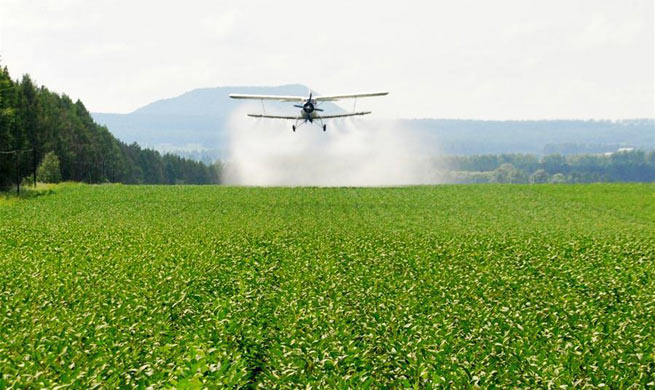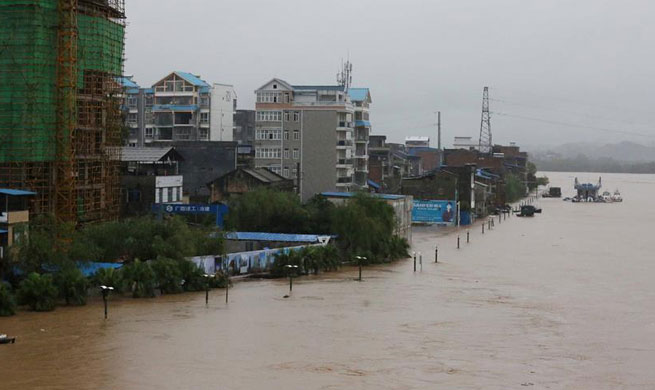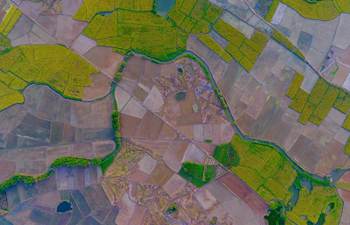By Levi J Parsons
SYDNEY, Aug. 15 (Xinhua) -- Australians are becoming more exposed to the deadly Hendra virus in northeastern parts of the country due to urban sprawl, a new study has revealed on Tuesday.
The University of Sydney, along with the University of Melbourne and the State University of New York, conducted a modelling study, which examined how changes in human expansion and urbanization correlated with the spatial patterns of Hendra.
Researchers found that rainfall, altitude, temperature, and human migration were highly associated with the risk of contracting the disease.
Although Hendra is carried by Australia's native flying foxes, people are at risk of being infected by horses.
"All native flying foxes are all susceptible to infection in Australia," the study's author Dr. Michael Walsh of the University of Sydney's Marie Bashir Institute for Infectious Diseases and Biosecurity told Xinhua on Tuesday.
"When they become infected, they have very high viral loads and can shed through their urine into the environment as they are roosting in trees during the day or when they are foraging for food in the evening."
"The urine goes onto the grass below and if there are horses that are grazing nearby, they will be exposed to the virus and once the horse gets infected, humans are at great risk if they come into contact."
Similar to the Ebola virus that devastated West Africa in recent years, Hendra is a zoonotic virus that initially begins with nondescript flu-like symptoms and can quickly turn deadly.
In Australia, there has been 60 outbreaks of the Hendra virus that have caused the deaths of seven people and 102 horses.
"Vets have become very concerned in recent years because if they get a call out to a property that has a sick horse, Hendra can look like a number of different things so it's very difficult," Walsh said.
Though Walsh said protocols around identifying and containing the virus are "very good," he believes Australia needs to shift focus to the "upstream source of the problem."
"It requires an ecological approach," Walsh said.
"Once we start to disrupt ecosystem health, we are inevitably going to have our own health consequence downstream."
"As the population and urban sprawling increases, we need to think about what the consequences are."
For this reason, Walsh and his team are calling on government and industry to incorporate conservation into development projects.
"We need to reassess how we develop property and how we earmark land for conservation," Walsh said.

















